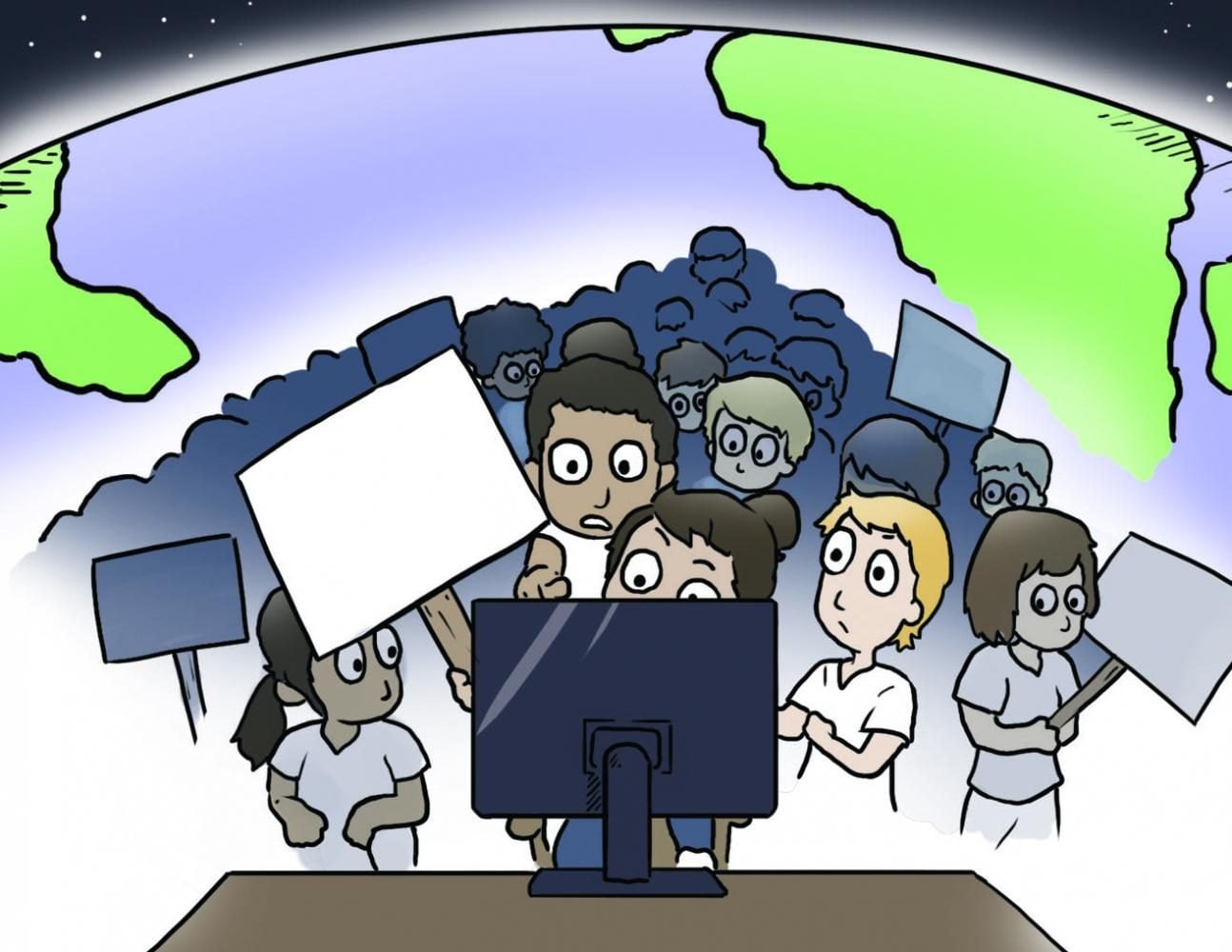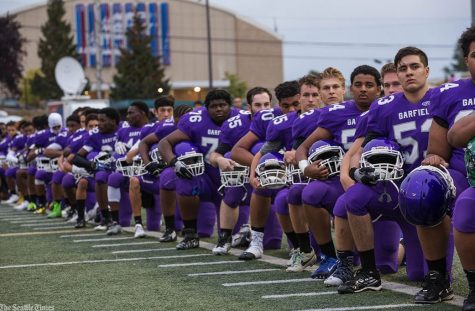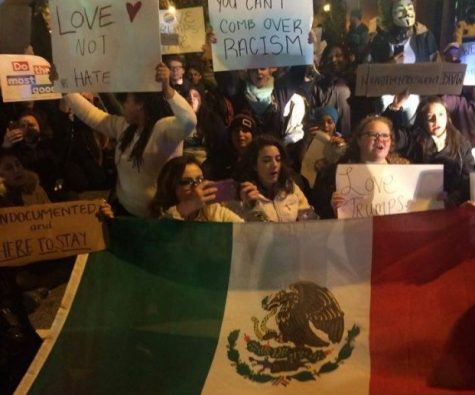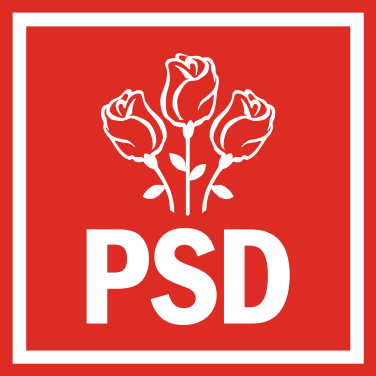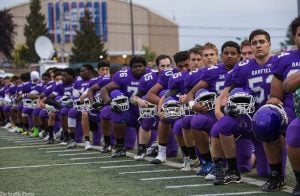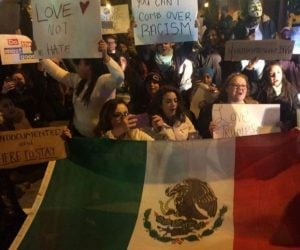Social media gives way for effective protests in the US
How different would our newspapers and news networks be if Facebook, Twitter, Instagram and the other modern modes of online communication were taken away? The age of social media has given power to individuals by supplying a platform to bring light to what they may see as the issues or injustices in the world. An online presence has become a necessity for effective protest.
An effective protest is one that is able to gain coverage. Defined by Merriam-Webster as an objection to something, a group or an individual’s protest typically goes against the popular beliefs of the surrounding society.
Immediate change overnight does not classify as an effective protest. Rather, if your voice is heard, then your protest is successful. The power of protests comes from numbers. The March on Washington in 1963 obviously held no social media presence, but because of a public call for people to join the march and well-thought planning prior to the march, hundreds of thousands of people came together in this form of protest.
Social media has greatly facilitated this as we now have platforms to directly connect with people anywhere from your neighborhood to across the globe.
Politically-based protests have seen an increase with the abundance of controversy and uncertainty that revolves around parodying President Donald Trump and a resurgence of outcries against social discrimination in America.
It feels as if every tweet from Trump is met by large opposition. Following the election results from a year ago was the trending hashtag on Twitter “#NotMyPresident,” speaking out against Trump’s victory.
While the trend did not reverse Trump’s presidential victory or erase the Electoral College, it did spark a strong opposition to Trump being seen as a legitimate president. Less than a year into his presidency, he has garnered disapproval from almost two-thirds of the country. The online protest to Trump’s victory was a stepping stone for the creators of the trend who oppose the leader of the United States.
Former San Francisco 49ers quarterback Colin Kaepernick’s stance, rather lack of stance, during the National Anthem of a preseason game almost a year ago still makes headlines today. The former Super Bowl player took a knee during the National Anthem as a demonstration against police brutality in the country. Yes, cops still kill unarmed citizens. However, since then, athletes of all races, ages and sports have kneeled or sat down during the National Anthem of their respective sports games in solidarity with Kaepernick.
Kaepernick also sparked large controversy as many saw his action as a disrespectful motion against military personnel. While I personally could care less who stands, sits, kneels or lays down during the National Anthem, I can see where people become distraught by his actions.
At the time as well, Kaepernick’s career had been on the decline and was not even the starting quarterback for his team. His voice, at the time, might not have been as strong as a Tom Brady or a Peyton Manning, but he was effective in his protest because of the controversy he sparked and the new coverage he accumulated online.
If someone had not taken a picture of Kaepernick and posted it online where it circulated on social networks, then how much coverage would he actually be getting?
Would we be paying attention to Kaepernick at all anymore, too, if other NFL players or those other athletes across the country had not joined his movement and gained a media presence from it? This story would have died out if it had not been for his supporters who appear on our social media timelines.
We have seen organized protests take shape online and translate into the physical world. Most recently was a clash between protesters and counter-protesters in Charlottesville, Virginia. Organized protests have become stronger due to an online presence as people from all over the country went to Virginia to either join the Ku Klux Klan and white nationalists against the removal of Confederate statues or to stand against them as one of the counter-protestors to this event.
The ability to congregate the way both of these groups did was largely due to that social media presence. Generating the amount of news surrounding the city, I believe, epitomizes an effective protest because their voices were heard and their stances were understood. Whether you agree or disagree with what both groups were fighting for, you knew that they were there. Without social media, I do not think that either of these protests or any major protests in headlines today, would be as effective as they were.

